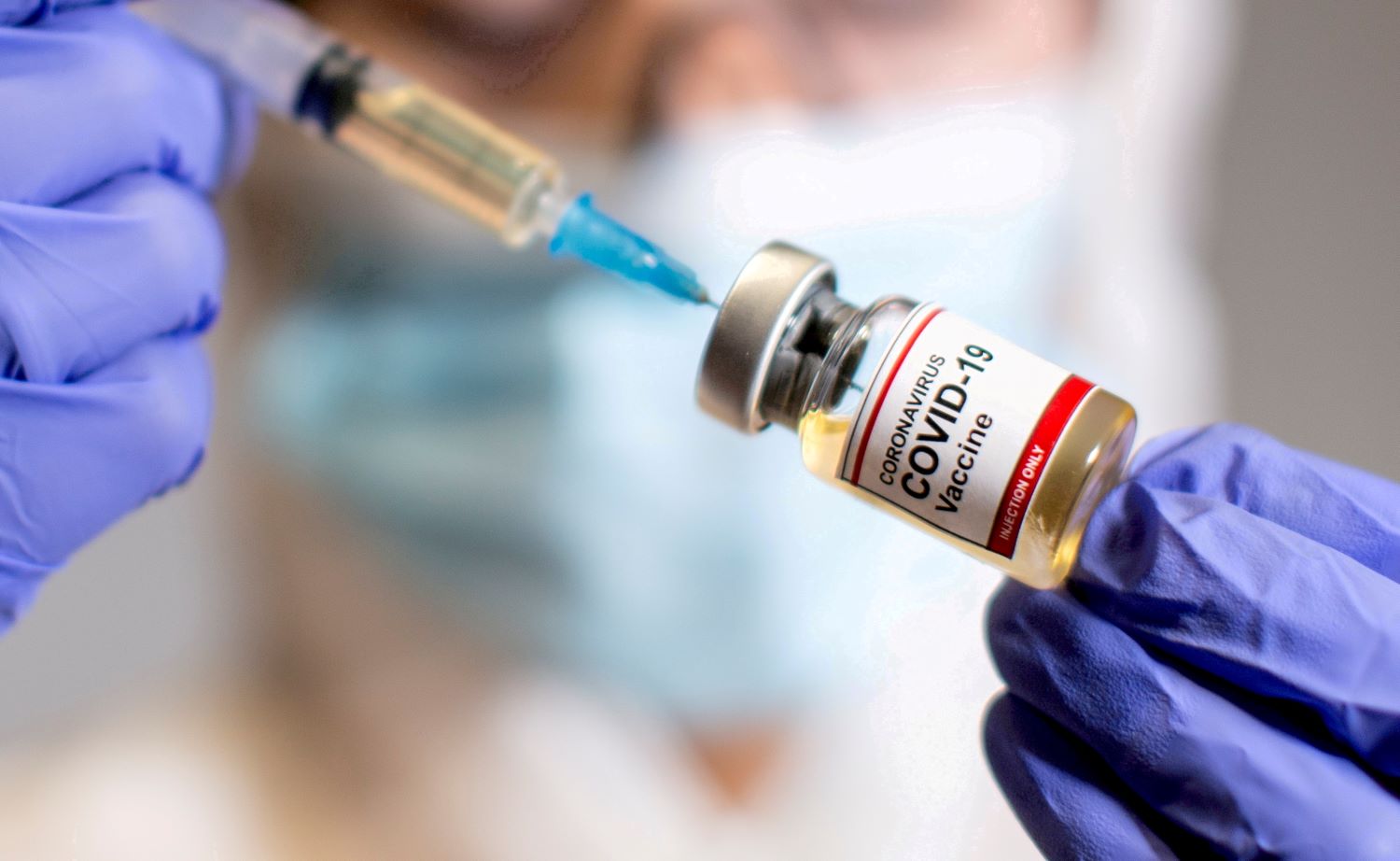
By Victor Bwire
Repeated calls by health authorities for Kenyans to get vaccinated and witnessed hesitancy by a few towards the same within the Covid-19 containment measures while misplaced and pushing back the gains recorded so far seems to be a global challenge. Already, the World Health Organization (WHO) has identified vaccine hesitancy as a leading global health threat to the success on war against Covid-19. Reasons noted as behind the hesitancy is because of myths and misinformation generated through media channels that have caused fear and doubts on vaccine. There is information on the authority of WHO and the Government of Kenya that vaccines are very vital in containing Covid-19, and people should trust this and get vaccinated. The government has tried its best within the current circumstances to provide vaccines to citizens, and many times, information sharing has been a challenge in terms of timings, but we should look at the bigger picture, and move away from these lamentations.
Health provision including dealing with emergencies to Kenyans is a key agenda both as a big four agenda, Constitution, and vision 2030. This obviously follows the Constitutional requirement, Kenya Health Act 2014, and Kenya Health Policy 2014-30. In addition, Kenya has ascribed to the Sustainable Development Goals (SDGs), including SDG No 3 that commits governments to provide quality healthcare for all. Thus, people should trust that all that is being done is for their own good, while they have every right to raise questions where information provided is not satisfying.
Globally, through collaboration and call for global action, the health sector has made significant progress since then in containing the pandemic through measures such public education and use of face masks, social distances, washing hands and general hygiene and most recently vaccination. The distribution of PPEs however did not meet resistance as the vaccines. While countries through various vaccine diplomacy and specific interventions such as through, through the COVAX facility, where more than 50 low- and middle-income countries (LMICs) and territories have received Covid-19 vaccine doses thus far, with plans for broader rollout in progress, the uptake of the vaccine is worrying.
Kenya just like the rest other African countries has seen reluctance by some citizens to get vaccinated against Covid-19 thus experiencing vaccine hesitancy due to myths and lack of sufficient information to the to the public. Access to social media has facilitated the spread of misinformation and conspiracy theories, it is noted that people with high levels of hesitancy were more likely to use social media and be exposed to disinformation leading to perceptions that the Covid-19 vaccines as less safe and effective than other vaccines. Kenyans have also cited other reasons for not being willing to be vaccinated as mistrust from the government, others did not believe that Covid-19 existed, that it will affect their health. People who were willing take up the vaccine knew someone with a prior Covid-19 infection. As vaccine supply increases and communication campaigns expand, changes in hesitancy are being observed and it’s likely that more people will change their acceptance to the vaccines.
There is need for public education and mass campaigns on the vaccine including through the media with expert information Covid-19 vaccines, understand the pros and cons of taking the vaccine so that they can share the right the information to their target audience to understand pertinent issues around Covid-19 vaccines to see a rise in the uptake of the vaccines in Kenya. With the right information in the public domain the Ministry of health will see an increase in the demand hence they will ensure that the supply of vaccine is available in the health facilities. As an intervention, the Media Council of Kenya jointly with UNESCO with support from the European Commission has created a Covid-19 information hub, that has information including vital role played by vaccines in the ongoing containment measures against the pandemic. The hub will act as a one-stop shop for journalists to access the latest and topical information on Covid-19 developments, which is critical in dealing with the misinformation being peddled on the same.
Media is a critical player in this effort to enhance the right to health and reduce the information gaps that exist. Interesting that a good number of journalists have been vaccinated could serve as champions to deal with the myths being peddled. As discussed earlier, the right to factual, relevant and accessible information on the vaccine is critical in the national campaign to have people get vaccinated.
Second, individuals need to have access to reliable and accurate health information, including about risks to public health. Public accessed information about both dangers from within the health care system such as risks and or benefits from vaccines is essential for ensuring the right of individual to take measures to protect themselves against such things as Covid-19. Transparency is an essential characteristic of any effective health care system. Access to information also empowers individuals to be able to participate effectively in political decisions taken at community, national and international levels.
Access to health information allows civil society groups as well as the media to ensure public accountability and to facilitate scrutiny of governmental decisions on health-related matters. It is recalled that the European Court of Human Rights affirmed the importance of civil society organizations being able to obtain access to government-held information for the purpose of promoting public debate and playing “their vital role as ‘public watchdogs’”. Civil society organizations may also themselves engage in activities to promote access to health information.